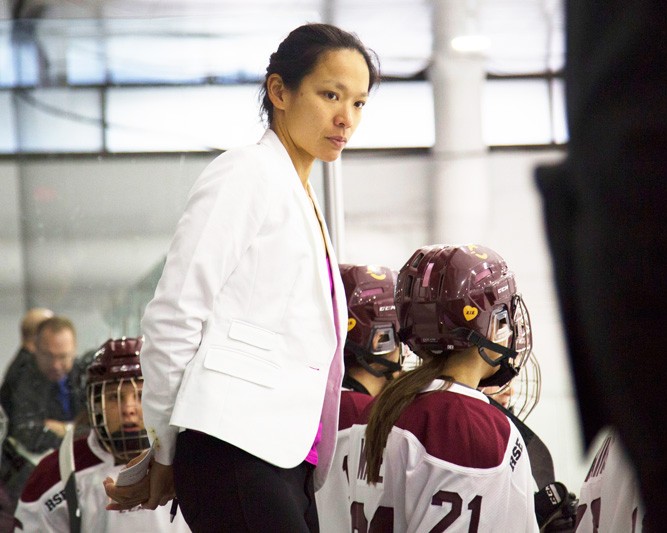In this fourth post about how to develop a great hockey player, the focus is on quality coaching. Let me be clear that I am not talking about what makes a great coach. What I am talking about is a coach who makes a great player. These are not necessarily the same thing. For example, a coach who only plays his best players at 12 years old in order to win games and championships at the expense of all the development of half the team is not necessarily a great coach, but if your kids is the one getting lots of ice time and feedback, then that coach could indeed be accelerating the development of that individual player. I hope to write another post about what makes a great coach at a later date.
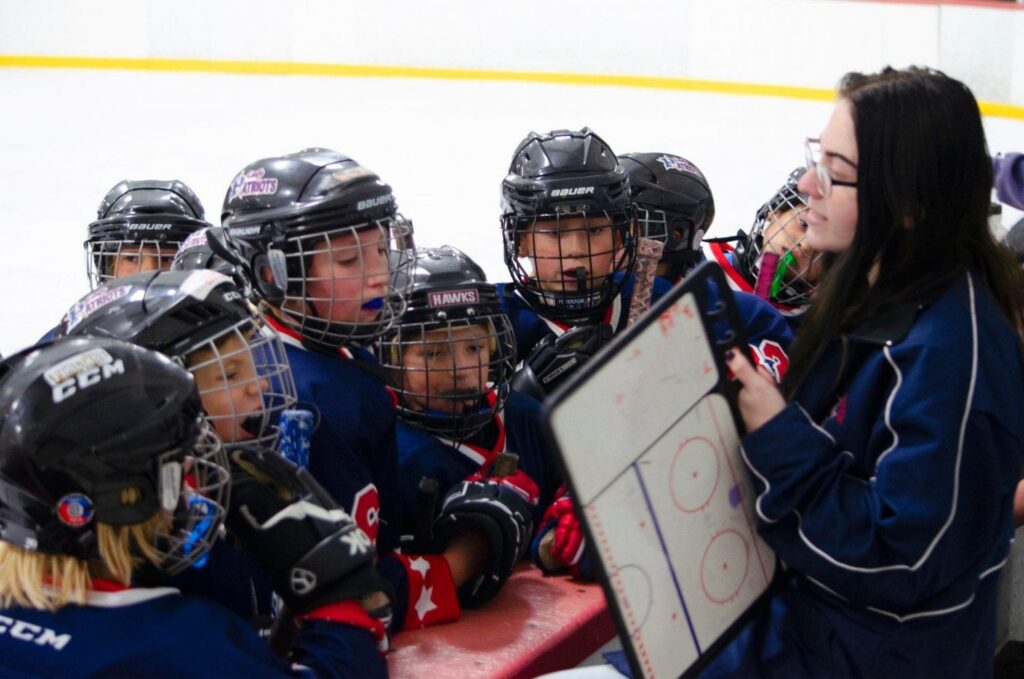
Time & Effort:
First and foremost a coach who cares by putting the work to help at both the team and individual level is the table stakes for developing into great player.
Technical Expertise:
Striking the balance between leaning how to play team hockey and individual skills development. Specifically, the basics like skating, shooting, puckhandling but also position-specific tools to be great at their position (both on offense and defense – unless you are a goalie). Examples would be on-ice positioning, decision making, finding time and space, creativity and using deception.
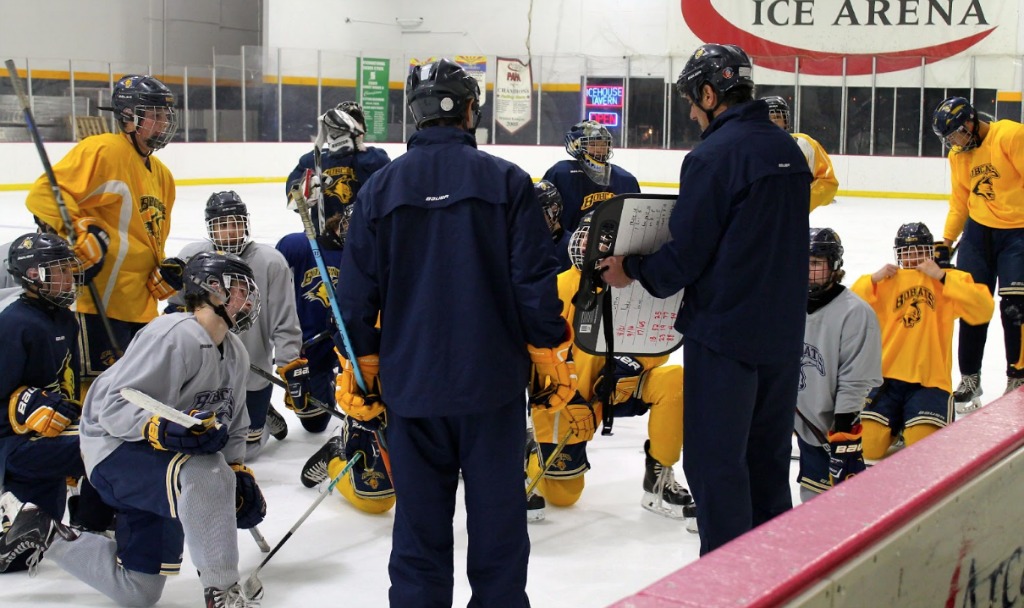
Feedback:
A quality coach gives feedback that is actionable to the player. They personalize the communication so the individual can understand how to change their behavior in a way that is specific to them. Darryl Belfry wrote an excellent chapter on how to give feedback in his new book Belfry Hockey.
Motivation:
While the old-school hockey way has been motivation by intimidation, times have changed. And each individual player is different. But finding a coach who can get the most out of a player by figuring which buttons to push to help make them a great player is obviously a critical attribute.
Enables Grit:
I will talk about this more in my next post, but teaching a player how to be resilient during the ups and down of a season. Helping teach a player the tools to handle failure and overcome obstacles is one of the key life lessons that hockey is supposed to teach youth athletes.
Encourages two-way communication:
Every hockey coach is different and each has their own philosophies on how they want their players to play the game. As your player moves from coach to coach they will bring their past experience and habits/methods from their past coaches with them. The ability for a great player to discuss and debate with a coach the “why” and the “how” a certain situation should be played is a critical problem solving skill great players should possess.
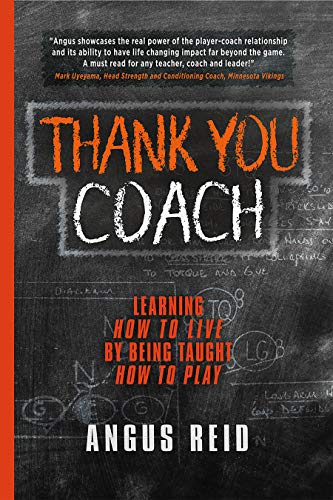
My favorite book on a great coach who developed great players is “Thank You Coach” by former CFL player Angus Reid who had a long football career despite being highly undersized to play the center position. The book is dedicated to a coach who taught him what he needed to be a successful player despite “having no business playing professional football for 13 years”.
This post is the fourth in a series on How to Develop a Great Hockey Player (Intro).
